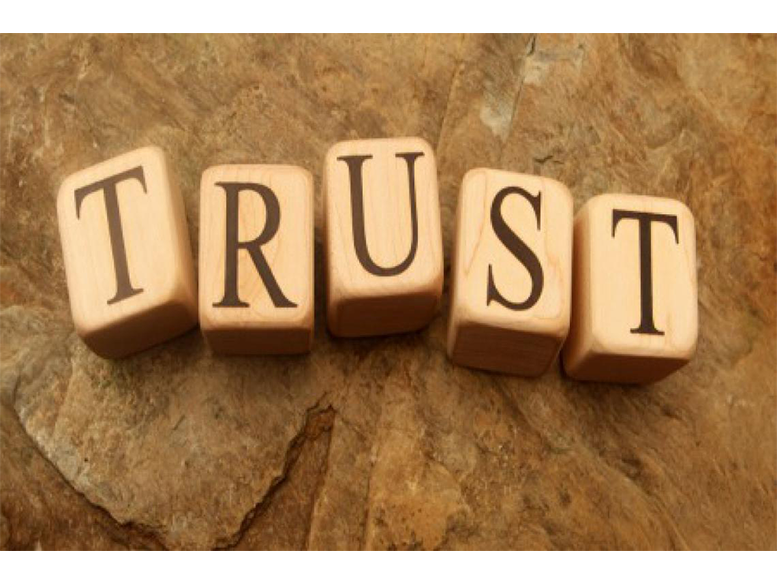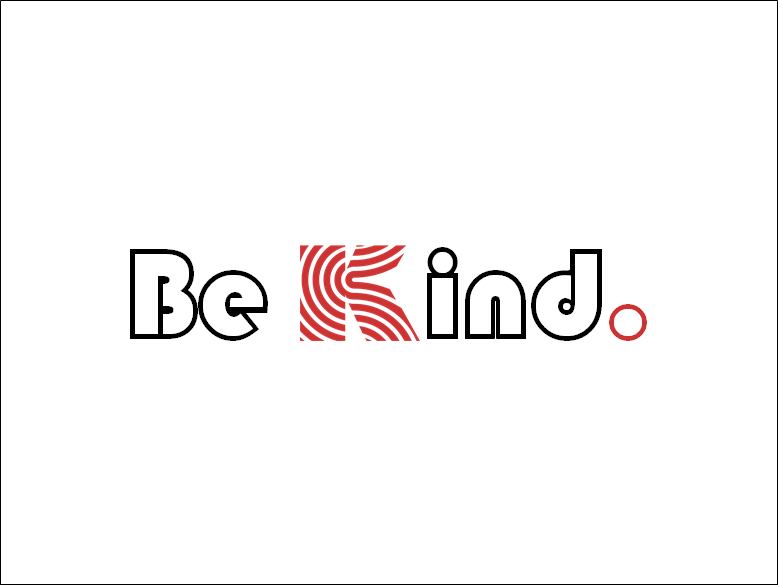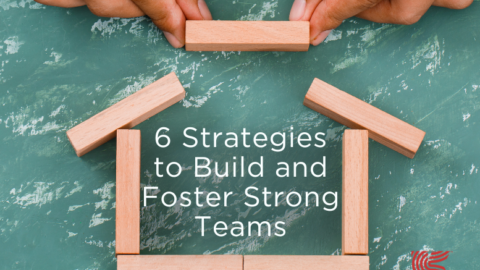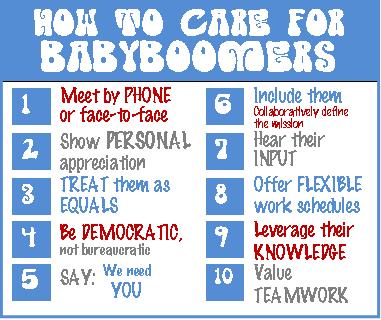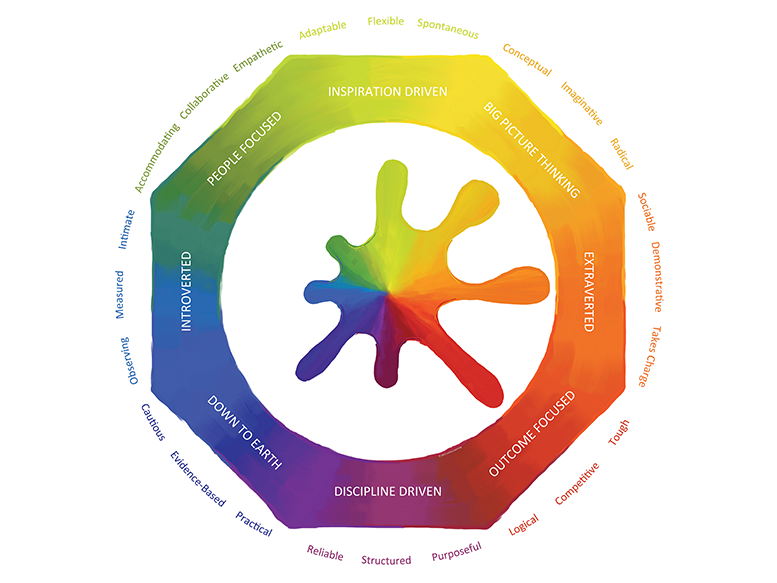On any given day, in just about any given business publication, you will find one or more laundry lists of skills, qualities, behaviors, competencies, and whatevers that are attributed to an effective, successful or great leader.
In a review of these lists there are several core competencies that bubble to the top: strategic thinking, effective communication, a desire to develop others, decision making, creating a vision, ability to have tough conversations. All important leadership competencies.
Yet here’s the thing.
If there’s no trust, none of these other competencies matter. If people don’t trust you – and you don’t demonstrate that you trust them – there is no reason for them to follow you anywhere.
Stephen Covey said, “Trust is the highest form of human motivation. It brings out the very best in people.”
People are often thrown into leadership roles with little or no training or mentorship. Sink or swim. While trying to stay afloat with their new responsibilities and expectations, many struggle with how to behave in their new role. How to establish themselves as a leader.
My advice is: Step 1: Build trust.
Here’s how.
Be willing to put in the work. Know that trust takes time to build and must be earned. Don’t expect people to trust you just because you are now their leader. Be sure that your actions align with your words and that you tell the truth. Always. Remember that trust can be easily broken and is very difficult to repair.
Communicate honestly. Communicate clearly and regularly. Share as much as you can, especially about business information that may impact the team or their work. Listen. Ask for feedback, ideas, solutions. Model open, honest and respectful communication so the team will mirror that among themselves.
Be accountable. Do what you say you are going to do. Be sure everyone clearly understands expectations and the impact of not meeting those expectations. Challenge your team to higher performance goals and establish an environment where they hold themselves – and each other – accountable for results. Include regular progress reports, open sharing of mistakes and lessons learned, and team discussions on how to move through roadblocks.
Be consistent. Don’t keep changing the rules or make rules apply to some and not to others. When something changes, explain why and encourage a dialogue around it. Oh, and did I say, “listen”?
Model the behavior. To earn trust, you must show trust. Set clear goals and expectations and then trust your team to do what they were hired to do. When something goes wrong, get all the facts before drawing a conclusion. Respond in a constructive, consistent way.
Be truthful. Always. Trust is the key ingredient to all successful relationships. Tell the truth. As my Dad used to say, “One lie leads to another, and before you know it, you’ve forgotten the first lie you told.”
“Contrary to what most people believe, trust is not some soft, illusive quality that you either have or you don’t; rather, trust is a pragmatic, tangible, actionable asset that you can create.” – Stephen Covey
Till next time, keep it real.
Karen

